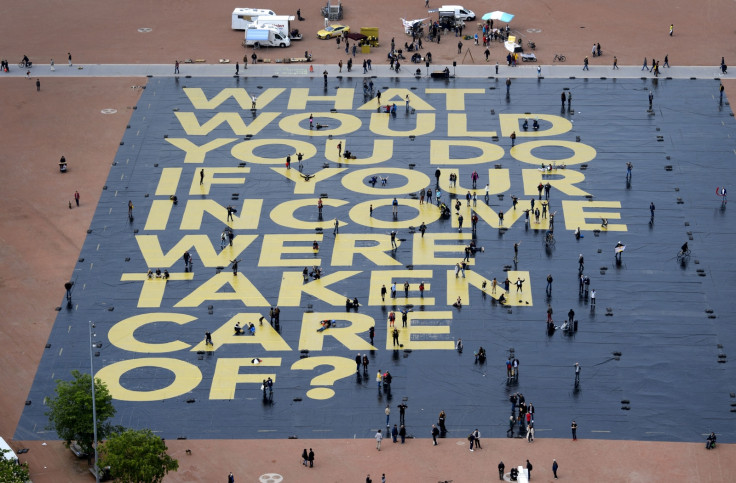Finnish government hands out £470 per month to unemployed for next 2 years
And there are no restrictions on how to spend it.

The government in Finland has begun a pioneering programme which aims at cutting bureaucracy, reducing poverty and boosting employment.
The country has become the first in Europe to pay its unemployed citizens a basic monthly income of €560 (£470, $576) starting from 1 January for the next two years. The basic stipend is worth a small fraction of the Finnish average private sector income, which stands at around €3,500 a month according to official data.
The measure is part of an electoral promise made by Prime Minister Juha Sipila, who took office in May 2015, and included an unconditional basic income in his centre-right party manifesto.
Olli Kangas from the Finnish government agency KELA, which is responsible for the country's social benefits, said that 2,000 citizens on unemployment benefits were randomly selected for the trial programme. They will receive the monthly stipend and are free to spend it as they see fit. The amount will be deducted from any benefits they already receive, the Associated Press reported.
Kangas said that the selected people will continue to receive the stipend even after finding a job, to fight the "disincentive problem" among the unemployed, in which people may refuse low-paid or short-term jobs for fear of losing out on the benefits. If successful, the scheme could be expanded to people in low-income jobs such as freelancers, small-scale entrepreneurs and part-time workers.
A nation of 5.5 million, Finland has struggled with a poor economic performance in the past two years. The unemployment rate stood at 8.1% in November 2016, with some 213,000 people without a job — unchanged from the previous year.
In June, Switzerland rejected a referendum proposing a universal basic income of 2,500 francs (£1,755) to adults and 625 francs to a child.
The idea of a universal basic income has gained traction in recent years, as it is seen as providing a safety net to the ever more uncertain and automated job market, but others are concerned that it would induce laziness and prevent some jobless people from seeking work.
Kangas hoped the experiment will offer a real-life example of basic income effects in tackling unemployment. "Will this lead them to boldly experiment with different kinds of jobs? Or, as some critics claim, make them lazier with the knowledge of getting a basic income without doing anything?" he said "It's highly interesting to see how it makes people behave."
© Copyright IBTimes 2024. All rights reserved.






